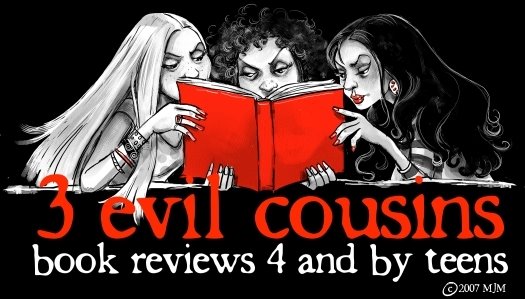 Lee Fiora is a modest girl from the Midwest, blessed by luck and hours of effort, who has won a place and a scholarship to the Ault school, a prestigious Northeastern boarding school. Vineyard Vines, Ralph Lauren and J. Crew labels are everywhere to be seen, while the school demands more academically than Lee has ever experienced. Awed and apprehensive, Lee begins her Ault career, unsure of her place in this affluent, preppy world. As the weeks and months continue, Lee becomes progressively more alienated, feeling friendless and very much an outsider. She is not privy to East Coast slang, the favorite brands; her hair is not long and sleek, her body not completely soft and slender. The novel follows Lee for her four years at Ault, during which time she becomes hardly more integrated. She spends the overwhelming majority of her high school years feeling self-conscious and rather miserable, because she feels that any thought, expression or action outside of the norm will alienate her further and cause others to think badly of her.
Lee Fiora is a modest girl from the Midwest, blessed by luck and hours of effort, who has won a place and a scholarship to the Ault school, a prestigious Northeastern boarding school. Vineyard Vines, Ralph Lauren and J. Crew labels are everywhere to be seen, while the school demands more academically than Lee has ever experienced. Awed and apprehensive, Lee begins her Ault career, unsure of her place in this affluent, preppy world. As the weeks and months continue, Lee becomes progressively more alienated, feeling friendless and very much an outsider. She is not privy to East Coast slang, the favorite brands; her hair is not long and sleek, her body not completely soft and slender. The novel follows Lee for her four years at Ault, during which time she becomes hardly more integrated. She spends the overwhelming majority of her high school years feeling self-conscious and rather miserable, because she feels that any thought, expression or action outside of the norm will alienate her further and cause others to think badly of her. I liken this feeling of being scrutinized to the concept of the “panopticon,” in the book The Disreputable History of Frankie Landau Banks. A panopticon is a circular jail, arranged around a central well so that the prisoners could be watched at all times. Because of the constant assumption that they were being watched, the prisoners behaved and little watching ever really had to occur. In Prep, and in The Disreputable History of Frankie Landau Banks, the boarding school atmosphere makes for a sort of panopticon—an environment in which everyone feels as though they are always being watched, and behave accordingly. For Frankie, in Disreputable History, the panopticon serves to fascinate her and spark a rebellion within her. In Prep, the panopticon makes Lee miserable, for she feels as though her every move must be calculated to follow what the popular students are doing, and she spends more time desperately trying to fit in than she does nearly anything else. Life with a desperate and masochistic motivation such as this is not a happy one; Lee is constantly miserable and ends up allowing herself to be used sexually by a popular boy, for after wanting so long to be wanted, she grasps at the first possibility. Lee acts for almost the sole motivation of wanting not necessarily to be accepted –for being different is never desirable—but included.
Prep was written by Curtis Sittenfeld, sort of as a memoir. Sittenfeld attended a very prestigious boarding school as a teenager, and changed the name and a few key facts in the book, in order to somewhat protect its identity. Knowing this as I read was a little sad, for Curtis, alias Lee, has such an awful time in the text.
Prep is the bittersweet story of a girl who enters into a lavish world that seems ideal to her, but quickly learns that the pressure to be the unattainable elite is suffocating, and she finds herself barely gasping for breath over the four years of her life there. The really sad thing was that by the end of the novel, Lee does not seem to have really learned anything. She has not decided to be true to herself, or not care what others think of her. Perhaps this is more realistic, but it is still rather melancholy.
Prep is basically a depressing read. And though the insights on life at such an institution as Ault were interesting and well-explored, often the book lagged in Lee’s despair and alienation.
Though I cannot say that Prep was pleasurable to read—it is certainly not uplifting—this was probably on purpose, for the author’s intentions clearly were not to make the reader gleeful. What the book did do was make me think, and I am always glad for a literary opportunity to do so. It concerned me a bit as well, for I am in the midst of applying to schools like Ault for high school, and Prep made me fear that a cold, elitist world is the one I am about to enter into. All in all it was a pretty good, if unsettling, read.
I give Prep a three out of five evil daggers.
Preppily yours,


